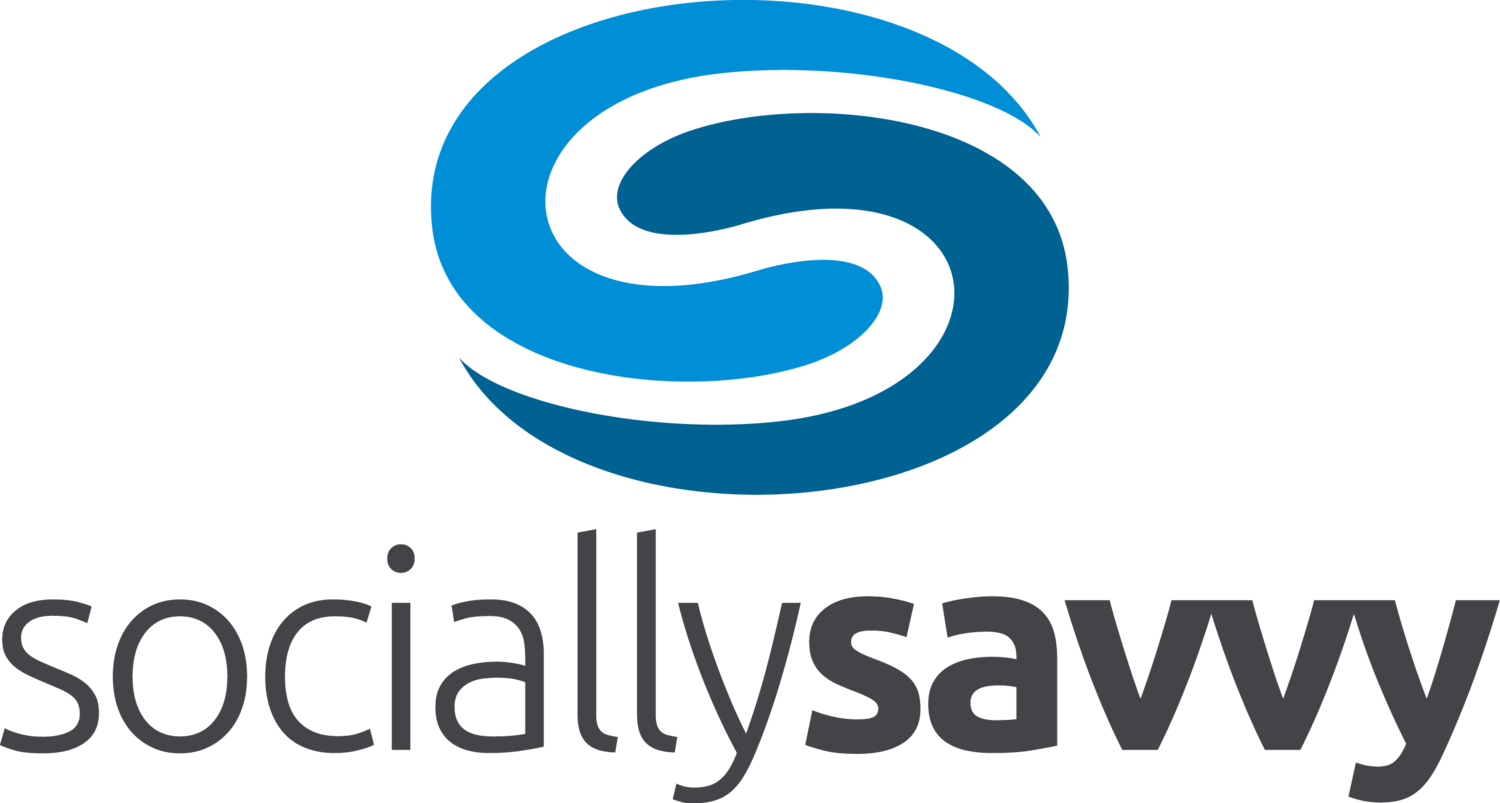Career and technical education (CTE) in secondary schools provides today’s students with a wealth of opportunity. Not only do CTE programs better prepare students for their careers and college, they provide experiences and exposures that result in the critical thinking students need to be successful throughout their lives.
Additionally, CTE programs underline the importance of maintaining a currency in skills and ignite the importance of perpetual education in today’s competitive work environment.
“Today’s cutting-edge, rigorous and relevant career and technical education (CTE) prepares youth and adults for a wide range of high-wage, high-skill, high-demand careers.” - ACTE acteonline.org
16 CTE Career Clusters
Today’s CTE programs offer education in a wide range of career options through sixteen career clusters. In short, this is no longer the “voc-ed” of yesteryear.
Value of CTE for Today’s Students
Career and technical readiness. Students enter the work force and/or college with more relevant and mature skills and knowledge.
Pathways to employment. Students are exposed to various directions that lead to jobs and can get a head start in developing the needed capabilities to be effective without learning on-the-job.
Better pay and value. CTE students who pursue proficiency and expertise are able to garner better wages than their counterparts. These students also provide more value to their employers and are therefore in higher demand.
Certifications and degrees. Many CTE students earn credentials in their studies. By integrating CTE courses with academic standards, students graduate with a better understanding of what the work world requires and an increased likelihood of employability.
“Career and technical education can give your child what’s needed to succeed for life: technical skills, academic skills and employability skills.” - SkillsUSA skillsusa.org
Cutting-edge CTE programs have also realized that it is no longer enough to simply teach students the technical skills needed to perform a job after graduation. Students must also learn the professional, digital communication and networking skills that are now required to excel in today’s connected economy.
Students who learn how social media is used in the professional world and understand that social media actions impact their online identity and personal brand in both positive and negative ways will enter their careers with a true strategic differentiator.


